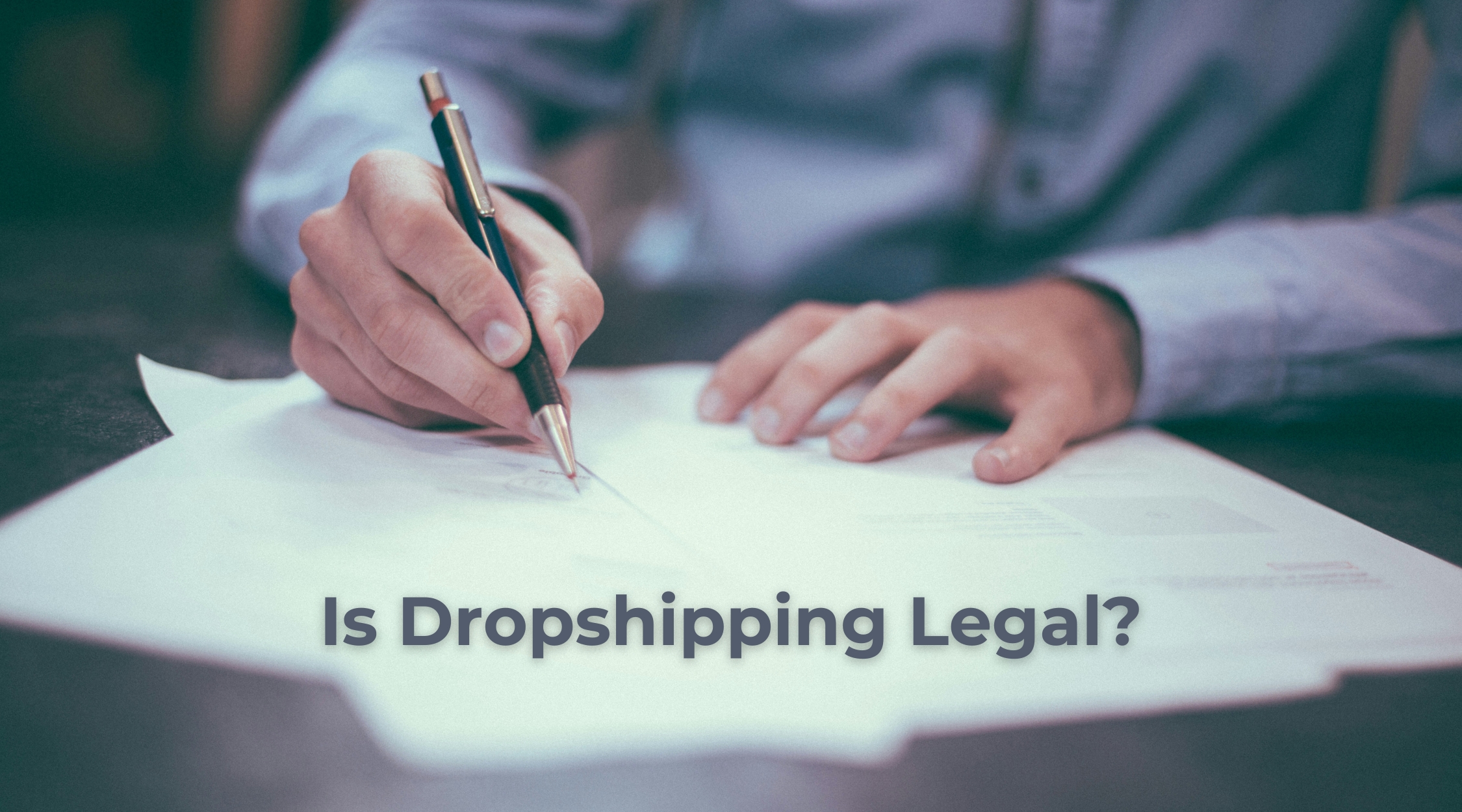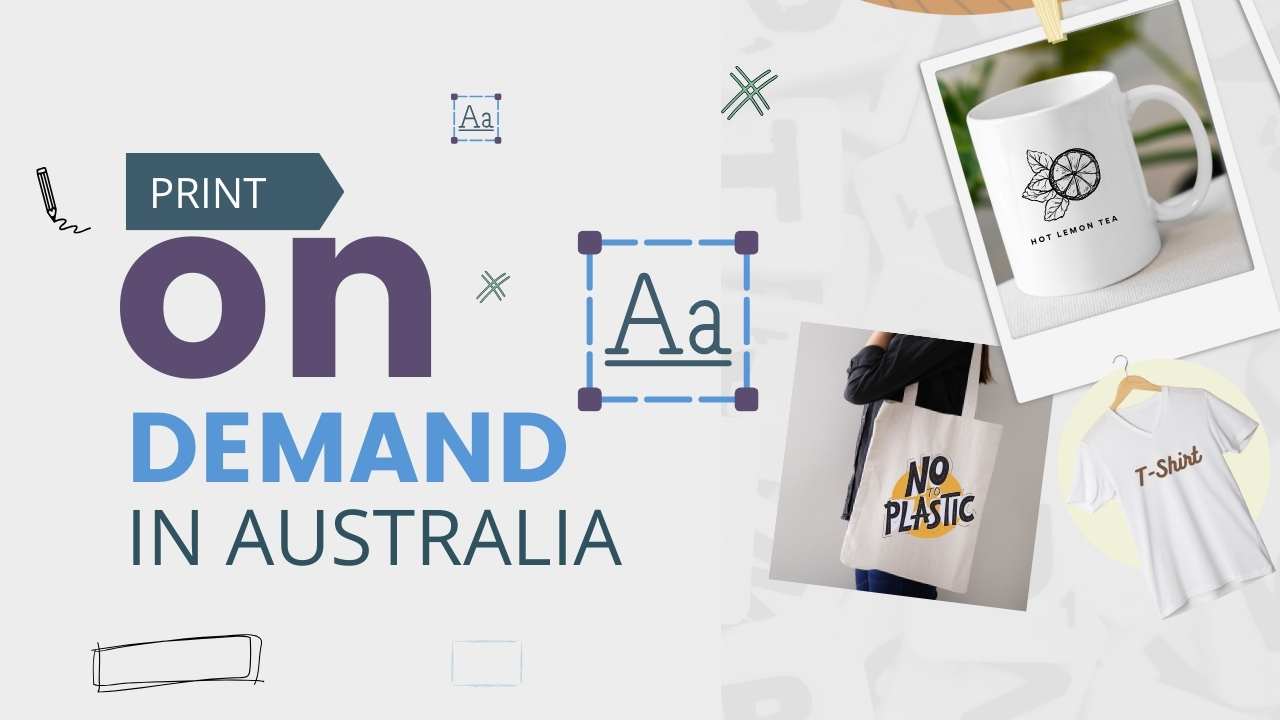Table of Contents
- What is Dropshipping?
- Is Dropshipping Legal in India?
- Key Statistics Highlighting the Growth of Dropshipping and E-commerce in India
- Key Legal Considerations
- Ensuring Legal Compliance
- GST Requirements for Dropshipping
- Legal Requirements for Dropshipping in India
- Taxation for Dropshipping in India
- Common Legal Pitfalls to Avoid
- conclusion
What is Dropshipping?
Dropshipping is a retail fulfillment method where the store doesn’t keep the products it sells in stock. Instead, when you make a sale, you purchase the item from a third party and have it shipped directly to the customer. This means you don’t handle the product directly.Is Dropshipping Legal in India?
Yes, dropshipping is legal in India. There is no specific law prohibiting the operation of dropshipping businesses. As long as all legal requirements are adhered to, online selling of products is legal. However, it’s essential to ensure that the products you sell are not prohibited or illegal in India, such as drugs, harmful objects, and certain chemicals. Successful dropshipping businesses in India include giants like Amazon, Myntra, and Flipkart. These platforms have been operating for years and have gained immense popularity among customers.Key Statistics Highlighting the Growth of Dropshipping and E-commerce in India
- E-commerce Market Growth: The Indian e-commerce market is growing quickly and is expected to increase from $112.99 billion in 2026 to $299.09 billion by 2029. This growth is due to more people using the internet, urbanization, and more digital payments.
- Internet Users: As of 2023, India has over 821 million internet users, making it one of the largest online markets in the world. The number of internet connections is expected to reach 895 million by the end of 2026, thanks to initiatives like Digital India and affordable data plans.
- Online Shopping Trends: Around 70% of internet users in India have shopped online. The business-to-consumer (B2C) e-commerce sector is expected to grow at a rate of 8.68% from 2023 to 2027.
- Digital Payments: Digital payments are increasing rapidly. Transactions through digital wallets grew by 43% in value and 33% in volume in 2023 compared to the previous year. This growth is supported by government initiatives promoting cashless transactions.
- Dropshipping Popularity: Dropshipping is becoming more popular among small and medium-sized businesses in India because it requires low initial investment and minimal inventory management. This model fits well in the growing e-commerce market.
Key Legal Considerations
- Consumer Protection Laws
When you sell products online, you are responsible for ensuring they meet safety and quality standards.
Even
though you don’t handle the products directly, you are still accountable for what you sell.
- Ensure your products comply with safety standards. Selling counterfeit or substandard products can lead to serious legal issues.
- Have clear return and refund policies. These must comply with consumer protection laws in the regions you are selling to.
- Tax Obligations
Taxes can be a bit tricky in dropshipping. You need to understand and comply with tax obligations in the
regions
where your customers are located.
- Sales Tax: In the U.S., for example, sales tax laws vary by state. Post the Supreme Court’s South Dakota v. Wayfair decision, many states require online retailers to collect sales tax.
- Import Duties and Customs: When shipping internationally, you need to be aware of import duties and customs regulations. Non-compliance can lead to fines and delays.
- Trademark and Copyright Issues
Intellectual property rights are crucial. Selling counterfeit products or using copyrighted images
without
permission can land you in hot water.
- Verify the authenticity of the products you sell to avoid counterfeit goods.
- Ensure you have the rights to use any images, logos, or content on your site.
- Privacy and Data Protection
With regulations like the GDPR(General data Protection Regulation), protecting customer data is paramount.
- If you have customers in the EU, you must comply with GDPR. This includes obtaining customer consent for data collection and ensuring data security.
- Implement strong security measures to protect customer data.
- Advertising and Marketing Laws
Honest advertising is key. Misleading claims about your products can lead to legal troubles and loss of
consumer
trust.
- Ensure all claims about your products are accurate and verifiable.
- Provide clear and detailed product descriptions. Avoid exaggerations or false promises.
Ensuring Legal Compliance
- Choose Reliable Suppliers: Partner with trustworthy suppliers to ensure product quality and authenticity. This can help avoid selling counterfeit products and maintain customer trust.
- Set Clear Terms and Conditions: Draft and clearly display policies for shipping, returns, and refunds. This transparency can help prevent disputes and ensure compliance with consumer protection laws.
- Register Your Business: Register your business in the appropriate jurisdiction and obtain any necessary licenses and permits. This can help establish your legitimacy and ensure compliance with local regulations.
- Get Insurance: Consider business insurance to protect against potential legal claims. Product liability insurance and general liability insurance can be particularly useful.
GST Requirements for Dropshipping
Is GST required for dropshipping?
Yes, GST is required for dropshipping. According to TaxAdda, any business entity with a turnover exceeding Rs. 20 lakhs must register for GST. Non-compliance can lead to penalties and legal issues.Do I need a GST number for dropshipping?
Yes, if you sell goods in India, obtaining a GST number is mandatory. The GST is levied on the supply of goods and services in India. The registration process is straightforward and can be done online via the GST portal. Once registered, you must file regular GST returns and pay the applicable taxes.Legal Requirements for Dropshipping in India
- GST (Goods and Services Tax):
GST is applied at all stages from manufacturing to consumption, allowing for input tax
credit. Different GST slabs and HSN codes apply to various products, and businesses must adhere to these
rates.
- SGST and CGST: Applied to intra-state transactions.
- IGST: Applied to inter-state transactions.
- Business Registration and Compliance
- Register your business and obtain a GST certificate.
- File monthly GST returns unless enrolled under the composition scheme, which allows paying 1% of total turnover if revenue is under Rs. 2 crores annually.
- eCommerce Seller Requirements: GST registration ensures legal compliance, allows claiming input tax credit benefits, increases credibility, and provides access to broader markets. It also helps avoid legal issues and penalties.
Taxation for Dropshipping in India
Yes, dropshippers in India must pay taxes, including GST and income tax. Below is the applicable tax structure:Tax Information
| Tax Type | Applicable to | Threshold Limit | Tax Rate |
|---|---|---|---|
| GST | All businesses | Rs. 20 lakhs (Rs. 10 lakhs for special category states) | 0% – 28% |
| Income Tax | Individuals | Rs. 2.5 lakhs (for individuals below 60 years of age) | 0% – 30% |
| Corporate Tax | Companies | Based on income | 25% (for domestic companies with turnover up to Rs. 400 crores; otherwise 30%) |
How to Register for GST To sell products online
You need to register for GST through the GST portal. The process involves:- Visit the GST portal and select ‘Register Now’.
- Fill out details such as name, PAN number, email address, and mobile number.
- Verify your details via OTP received on your mobile and email.
- Receive an Application Reference Number (ARN) to track your application status.
- Obtain your GSTIN after processing.
Filing GST Returns for Dropshipping Business To file GST returns
You need sales invoices, purchase bills, tax charged on sales invoices, and tax paid on purchase invoices. The returns must be filed monthly (GSTR1 by the 11th and GSTR 3B by the 20th) and annually.Differences Between CGST, SGST, and IGST
- CGST and SGST: Levied on intra-state transactions.
- IGST: Levied on inter-state transactions. The main difference is in how they are collected and distributed among the Central and State Governments.
Common Legal Pitfalls to Avoid in Dropshipping
- Selling Counterfeit or Illegal Products Selling fake or banned items can get you into legal trouble and hurt your business. To avoid this, always check your suppliers and make sure your products are genuine and legal.
- Misleading Advertising and False Claims Exaggerating product benefits can lead to fines and unhappy customers. Ensure all your product descriptions are honest and accurate to maintain trust.
- Ignoring Tax Obligations Not paying required taxes can result in penalties and business closure. Understand and comply with tax laws in your area to avoid these issues.
- Inadequate Customer Service Leading to Disputes Poor customer service can cause negative reviews and chargebacks. Offer clear return policies and prompt support to keep customers happy and avoid disputes.



 Access a network of integrated suppliers
Access a network of integrated suppliers



